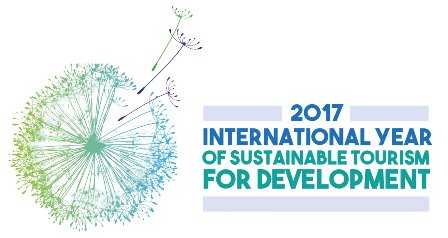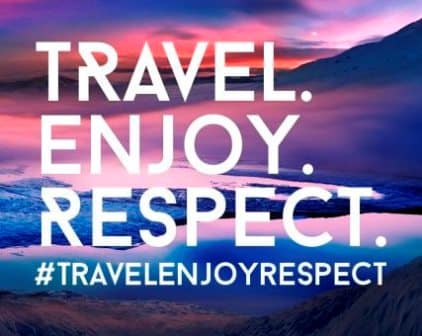
In the context of the universal 2030 Agenda for Sustainable Development and the Sustainable Development Goals (SDGs), the International Year aims to support a change in policies, business practices and consumer behavior towards a more sustainable tourism sector that can contribute to the SDGs. The World Tourism Organization (UNWTO), the United Nations Specialized Agency for Tourism, has been mandated to facilitate the organisation and implementation of the #IY2017 International Year, in collaboration with Governments, relevant organisations of the United Nations system, international and regional organisations and other relevant stakeholders.

Next to a vector for development and job creation, the 2030 Agenda considers sustainable tourism as a way to promote local culture and products, as highlighted the Minister of Foreign Affairs and Cooperation of Spain, Alfonso María Dastis, at the kick-off conference.

Potential and challenges of senior tourism in Europe
The concept of senior tourism has been receiving more political attention lately, mainly due to the market and growth potential it offers in a rapidly ageing Europe. Today growing older can be coupled with healthier and wealthier years in later life, thanks to which travelling can become a part of peoples’ life plans. Alongside,social tourism, which aims to include people with disability or limited capacities in recreational activities, has gained importance as well.
This is a win-win situation: travelling can contribute to improve older people’s health, well-being and combat isolation and loneliness, whereas older travelers can e.g. support the increase of tourist activity in the mid and low seasons, thus helping combatting seasonality. EU policy works with the twofold objective of maintaining Europe’s leadership in tourism and maximising the industry’s contribution to growth and employment, without forgetting the EU’s engagement to promote cooperation between EU countries – particularly through the exchange of good practice – and respect people’s fundamental rights.
Europe has been supporting and coordinating actions across the EU Member States, paying particular attention to the issues of accessibility and seamless travel. According to the United Nations, an estimated 650 million people in the world live with disabilities. Together with their families, this means that approximately 2 billion people – a third of the global population – are directly affected by disability.
It is of course about access needs, whether related to a physical condition (e.g. wheelchair users, visual or hearing impairments, allergies) or for other reasons. For example, older and less mobile people, or people with pushchairs have access needs that can become a huge obstacle when moving around, and needless to say when going on holiday. Travelling becomes then a real challenge: not only the physical moving in space, but also finding reliable and updated information on accessible services, checking luggage on a plane or receiving assistance, booking a room with special needs … often proves to be difficult, costly, and time consuming.
But accessibility is not the only issue: when ageism and stereotypes adds onto physical barriers, frustration and isolation is around the corner, making travelling a far option. Furthermore, a bunch of not less important issues makes things more complicated: age limits in insurances and car rentals, unreliable on-line and on spot information, language barriers, non-accessible payment and e-payment services, unclear payment and interchange fees, on-line security concerns…
The relevance for the market and for the evolution of touristic packages is there: getting rid of these hard-to-die barriers will mean less administrative costs for industry and a larger market at disposal. Such market is of course rather heterogeneous, but understanding its demands will ensure the appropriate replies are provided to clients.
Taking action, by voicing older people and their communities
With this respect, and going beyond accessibility to explore needs and preferences of older travelers, AGE has carried out two extensive surveys in the field, thanks to its direct involvement in two EU co-funded projects: ESCAPE and EuroSen – Europe for Senior. The outcomes of that work are freely 

The adoption by the local institutions of measures for age-friendly environments (adaptation of the existing infrastructure and products to the needs and interests of seniors, easy utilization of public services like transportation, hospital care, assistance to persons with special needs, improvements of cultural services, comfort and safety for travelers…) and the set up of a policy of reciprocation across villages and clusters of local cultures, make EUROSEN a concrete project implementing age-friendly measures on demographic change.
Everyone is invited to join the EuroSen final conference on 3 April 2017 in Milan: within the framework of the #IY2017, Eurosen will show how the cooperation among big and small cities make tourists really grasp the soul of a territory, and how the direct involvement of older people in designing and implementing such model of tourism promotes local values, cultures and traditions in an innovative way.
For more information, please contact Ilenia.gheno@age-platform.eu






